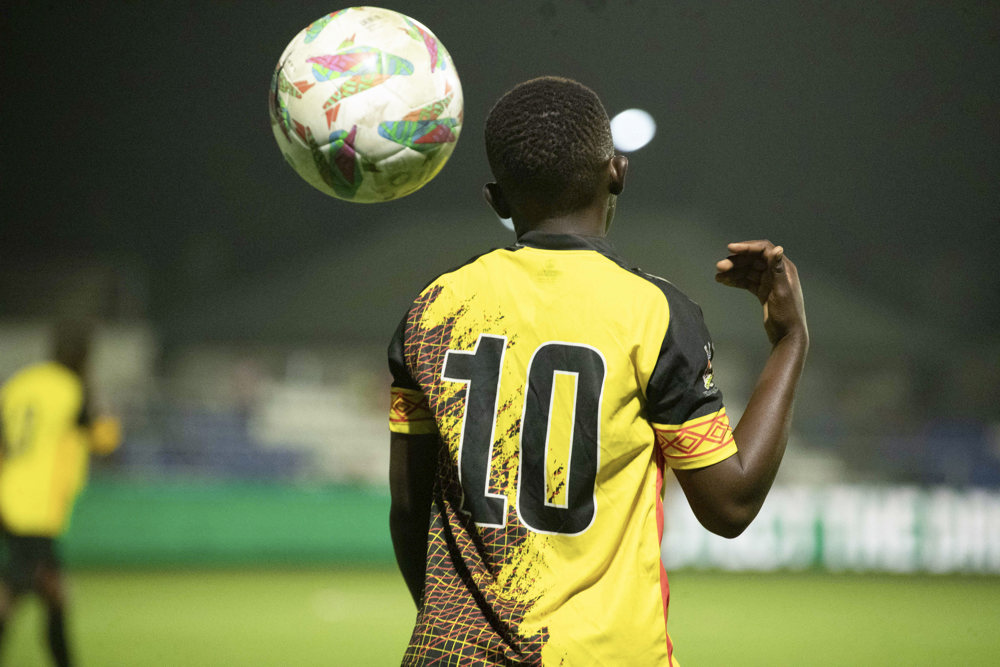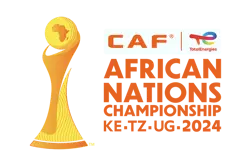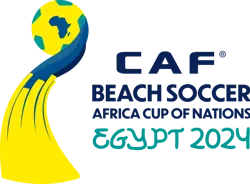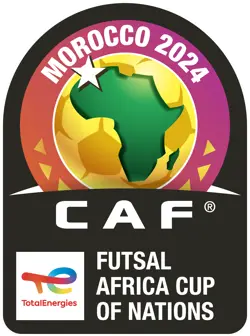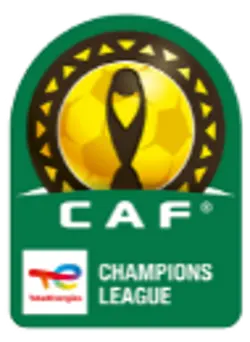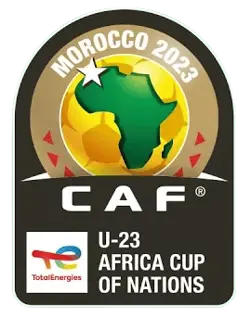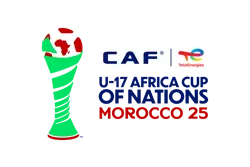A New Approach to Coach Training: The Art of Communicating to Teach Better
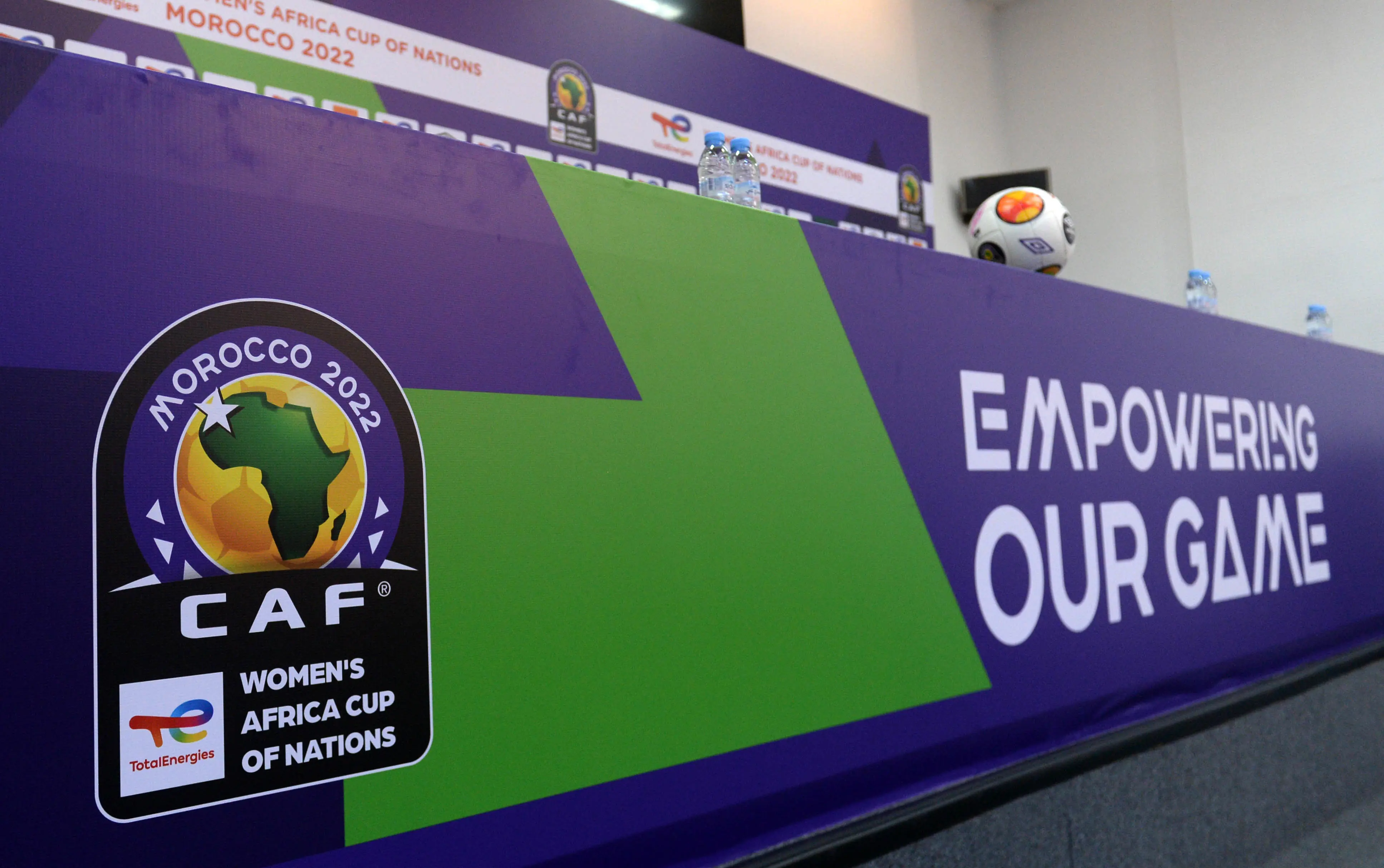
As part of the second phase of the CAF Women Instructors Development Program (WIDP) a seminar on sports communication was led by Andy Cale, an English sports psychologist and former football coach.
A paradigm shift in Coach Training
During this workshop, Cale highlighted an innovative approach to coach training, emphasizing a fundamental shift: less focus on content and more on delivery. The goal is to create learning environments where future coaches can ask questions, interact with their trainers, and deepen their understanding.
He pointed out that this transition was not easy, particularly for coaches from the older generation who struggled to adapt to these new methods. However, those who have been able to evolve recognized the importance of changing teaching methods so that the information could be better absorbed by players.
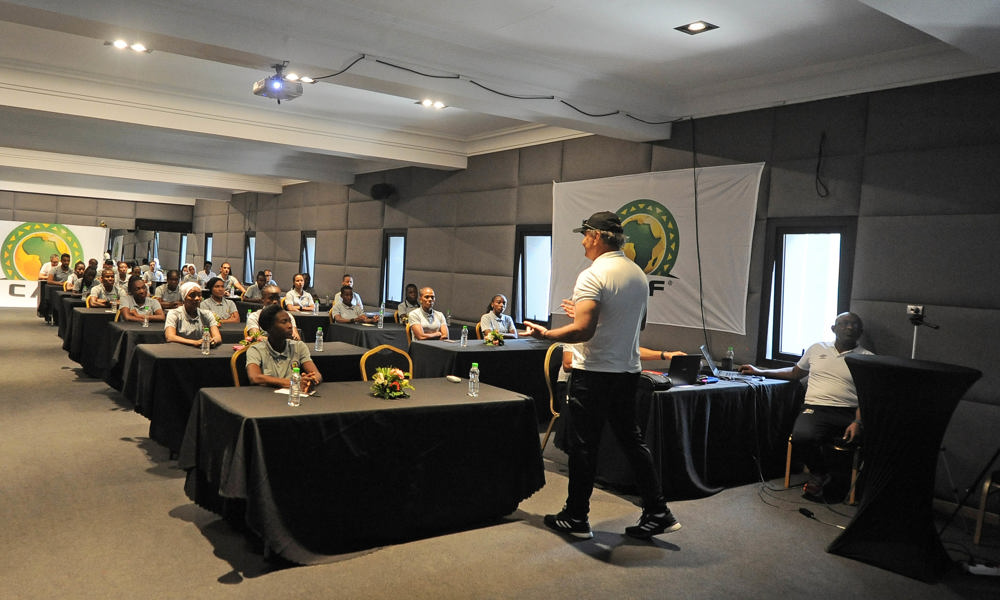
The Importance of the Learning Environment
Cale explained that the quality of the learning environment plays a key role in how knowledge is received and absorbed. The goal is to make training sessions more interactive and engaging, creating conditions where coaches feel comfortable expressing their ideas and asking questions.
The preliminary exercises requested before the workshop were designed to get participants to reflect on their learning and communication styles. Although some aspects of these exercises were not fully addressed during the session, they remain valuable reference points for personal reflection later on.
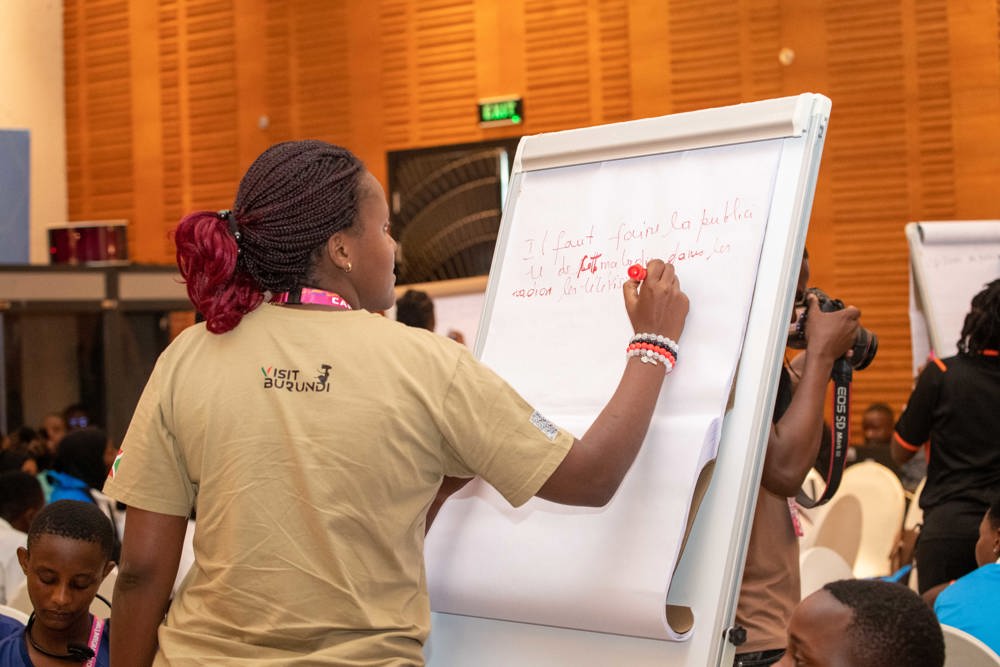
Effective communication for coaching
Another key point of the workshop was communication skills. Cale emphasized the importance of tailoring one’s message based on the target audience: leaders, club owners, players, or coaching staff. Each group has different expectations, so it is essential to adjust one’s approach accordingly.
In an international context, where values and communication preferences may vary, accepting cultural differences is crucial. Cale illustrated these principles by referencing excerpts from two books he recommends: Psychology for Football and Momentum in Soccer. The latter, which includes chapters on communication, was offered to the participants in digital format.
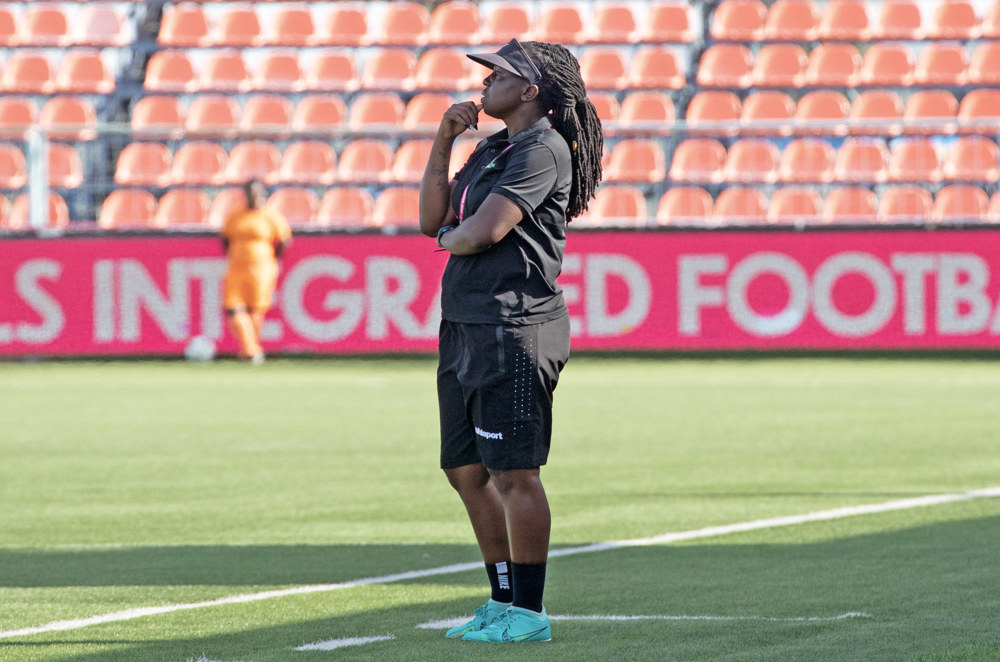
Being Yourself While Improving
A central message of the workshop was reminding coaches of the importance of staying true to their personal style. Cale acknowledged that the participants were already good communicators and well-respected in their field. The goal was not to change them, but to provide them with tools to refine their way of delivering information.
He encouraged participants to reflect on their own communication styles and consider adjustments based on the audience and context. A coach speaking to children cannot use the same language as when addressing adults. Likewise, the expectations of associations and clubs can influence how a message should be communicated.
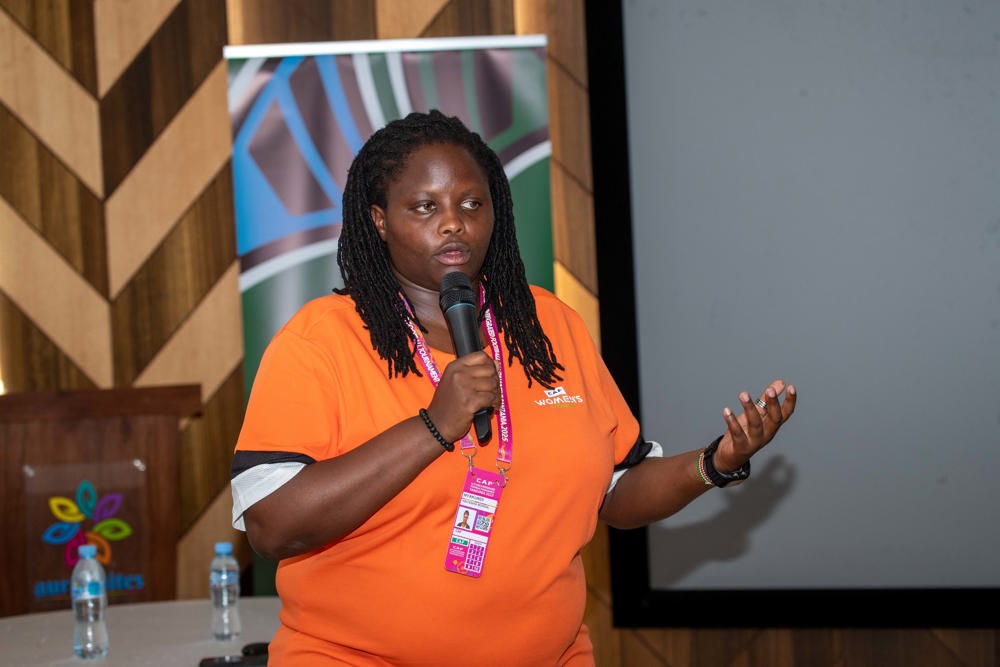
Adapting language to the audience
Cale also emphasized the importance of knowing who you are addressing. Is it a player? A club owner? An assistant coach? Each audience requires a different approach and the ability to adapt to make communication more effective.
As an exercise, he asked participants to reflect on the various aspects of effective communication. This introspection aimed to help each person identify their strengths and areas for improvement.
Several participants shared the impact of these exercises on their perception of knowledge transmission.
The importance of communication and understanding the expectations of one's audience are key elements that every coach must integrate to optimize their teaching and make it more effective. This workshop thus provided a valuable experience for all participants, encouraging them to continue reflecting on their own practices and to consider positive changes in their way of teaching and communicating.
